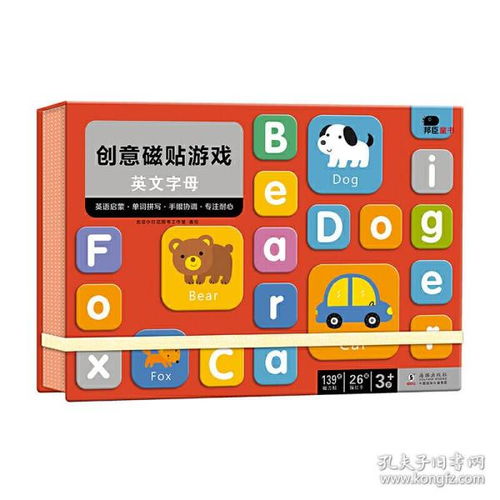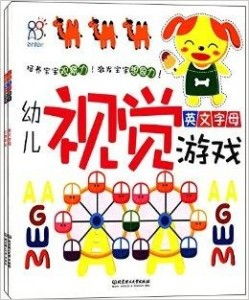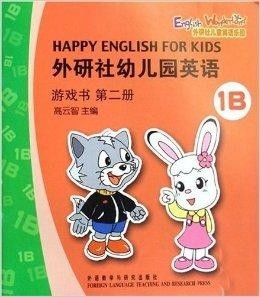Introduction to English Alphabet Game Books

English alphabet game books are an innovative and engaging way to introduce children to the English language. These books are designed to make learning the alphabet fun and interactive, ensuring that children develop a strong foundation in English literacy. In this article, we will explore the benefits of using English alphabet game books, the types of games included, and how they can be effectively integrated into a child's learning journey.
Benefits of English Alphabet Game Books

Using English alphabet game books offers several advantages for children's language development:
Interactive Learning: These books often incorporate interactive elements such as puzzles, mazes, and matching games, which keep children engaged and motivated to learn.
Visual and Auditory Stimulation: The colorful illustrations and clear, bold lettering in these books help children associate sounds with letters, enhancing their memory and recognition skills.
Early Reading Skills: By learning the alphabet through games, children can begin to understand the structure of words and sentences, preparing them for early reading.
Language Development: Engaging with English alphabet game books can improve a child's vocabulary, pronunciation, and overall language proficiency.
Types of Games in English Alphabet Game Books

English alphabet game books typically include a variety of games that cater to different learning styles and age groups. Here are some common types of games found in these books:
Letter Identification Games: These games help children recognize and name the letters of the alphabet. They may involve finding letters in a grid, matching letters to their corresponding pictures, or tracing letters to practice writing.
Word Building Games: Children can practice forming words by using letter tiles or cards. This type of game encourages them to think about letter combinations and word construction.
Phonics Games: These games focus on the sounds that letters make and how they combine to form words. They often include activities like matching letters to their corresponding sounds or identifying words that rhyme.
Memory Games: Memory games, such as
